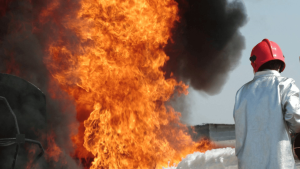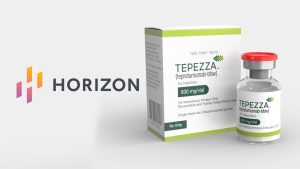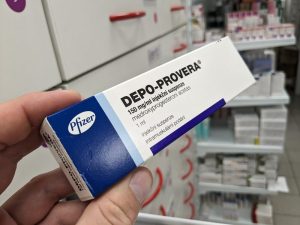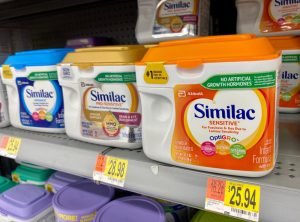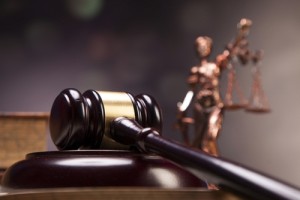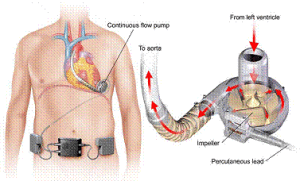This blog deals with big personal injury lawsuits across the country. These lawsuits typically involve class actions, multidistrict litigation, and mass torts against corporations for their defective  products, medications, or their general negligence. But we also talk about motor vehicle accident and malpractice claims, too. For all of these cases, you are almost invariably going to need an expert to testify if you want to get your case to a jury. Experts are obviously different from the typical fact witness. This post should give you a basic understanding of the nuances of expert witnesses and testimony.
products, medications, or their general negligence. But we also talk about motor vehicle accident and malpractice claims, too. For all of these cases, you are almost invariably going to need an expert to testify if you want to get your case to a jury. Experts are obviously different from the typical fact witness. This post should give you a basic understanding of the nuances of expert witnesses and testimony.
Our lawyers handle Paraquat lawsuits in all 50 states. This page provides the latest news and updates on Paraquat lawsuits in both state and federal courts. We also give our perspective on where this litigation is heading and provide projected settlement payouts for a viable Paraquat lawsuit. Continue reading


